 Nathan Cofnas is an American philosopher and PhD Candidate of Philosophy at Oxford University. He is known for his works on the evolution of morality; his debate with Kevin B. MacDonald about Jewish ethnic interests; and his paper titled “Research on group differences in intelligence: A defense of free inquiry.”
Nathan Cofnas is an American philosopher and PhD Candidate of Philosophy at Oxford University. He is known for his works on the evolution of morality; his debate with Kevin B. MacDonald about Jewish ethnic interests; and his paper titled “Research on group differences in intelligence: A defense of free inquiry.”
Grégoire Canlorbe: It is not uncommon to hear that IQ tests are not measuring intelligence stricto sensu, but only the success in passing IQ tests. Hence so many people supposedly gifted with a high IQ turn out to be complete morons in the real life… lacking subtlety, depth, hindsight, creativeness, polyvalence, humility, alertness, and a critical and independent mindset. As a defender of the research on group differences in intelligence, do you contest such claim?
Nathan Cofnas: The claim that IQ tests only measure the ability to take IQ tests is a common critique, but not among those who are familiar with the relevant evidence. IQ is highly correlated with a range of real-life outcomes both inside and outside the classroom: educational attainment, job performance, health, even your chance of getting into a car crash. This is not surprising when you consider that, as Robert Gordan put it, “everyday life [is] an intelligence test.” Nonacademic tasks like planning and following a healthy diet, preventing or treating diseases, reading a bus schedule, making a budget, avoiding accidents, or setting up household appliances involve problems that have the same basic form as IQ test questions. People with higher IQs tend to do these things better and more reliably than those with lower IQs.
That being said, the ability that IQ tests purport to measure—so-called “general intelligence”—is not well understood in any detail, and “intelligence” certainly has other dimensions. Success at any given activity requires a constellation of abilities and dispositions. It’s pretty much always an advantage to have more general intelligence, but the people with the highest IQs are not necessarily the most successful or the “smartest” in a colloquial sense. The traits you mention—subtlety, creativity, critical thinking, etc.—are to some extent independent of general intelligence, and can be just as essential.
As readers may or may not know, there are nontrivial differences in the distribution of IQ among racial groups, and these differences go a long way toward explaining racial disparities in socioeconomic status. There is a debate about the role played by genes vs. environment in producing race differences in IQ. We know that environmental factors can influence IQ: better nutrition/healthcare as well as familiarity with abstract, scientific thinking both increase IQ up to a point. But race differences persist even when environments become as equal as we know how to make them. The 15-point IQ gap between Blacks and Whites in the US has been stable for decades, and has resisted extreme interventions including cross-racial adoption. I have argued that it’s time to start thinking about what the political and ethical implications would be if these differences are influenced by genes.
Grégoire Canlorbe: In contrast to the view that the evolution of moral and juridical norms is best explained by the psychological forces operating within individuals (and facing the trial of natural selection), you argue that the success of an established norm is most often imputable to the magnitude of the power backing the latter. How do you sum up your argument? Does your thesis apply to the transition of Ancient Judaism to Talmudism—a renovated practice of Judaism in which kings and priests would be left behind for the benefit of the masters of exegesis?
Nathan Cofnas: An influential approach in cultural evolutionary theory assumes that beliefs/ideas/practices spread as a result of individuals’ learning biases, natural selection, and random forces. People have learning biases to, for example, conform to the majority or adopt practices that seem useful. Then natural selection favors individuals and groups with adaptive beliefs and practices. William Durham, Joseph Fracchia, and Richard Lewontin raised the objection that this ignores the role of power in cultural evolution. Maybe cultural evolution is not driven by the aggregate of the individual decisions of agents in a population but by the whim of the powerful. If so, the learning biases that feature in some cultural evolutionary models of the evolution of morality would be largely irrelevant in practice.
Drawing on work by Christopher Boehm, I argued that the evolution of morality probably was driven largely by the exercise of power in ways that undermine cultural evolutionary models that emphasize individual learning biases. Hunter–gatherers in the Pleistocene did not choose what moral rules to follow based on learning biases. Instead, rules were imposed by coalitions of the majority to advance their explicitly represented collective interests. Rule-violators were subject to fitness reducing punishments. This created selection pressures to internalize group norms and, I argue, to be innately receptive to certain rules that were widely enforced across groups.
[Read more…] about A conversation with Nathan Cofnas, for Genetic Literacy Project
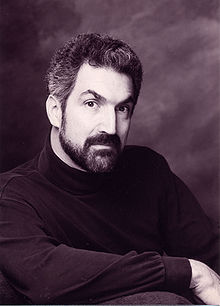
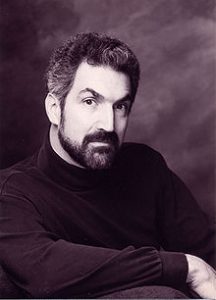 Daniel Pipes is an American historian and president of the Middle East Forum. His writing focuses on Islamism, the Middle East, and U.S. foreign policy. His archive is at www.DanielPipes.org
Daniel Pipes is an American historian and president of the Middle East Forum. His writing focuses on Islamism, the Middle East, and U.S. foreign policy. His archive is at www.DanielPipes.org 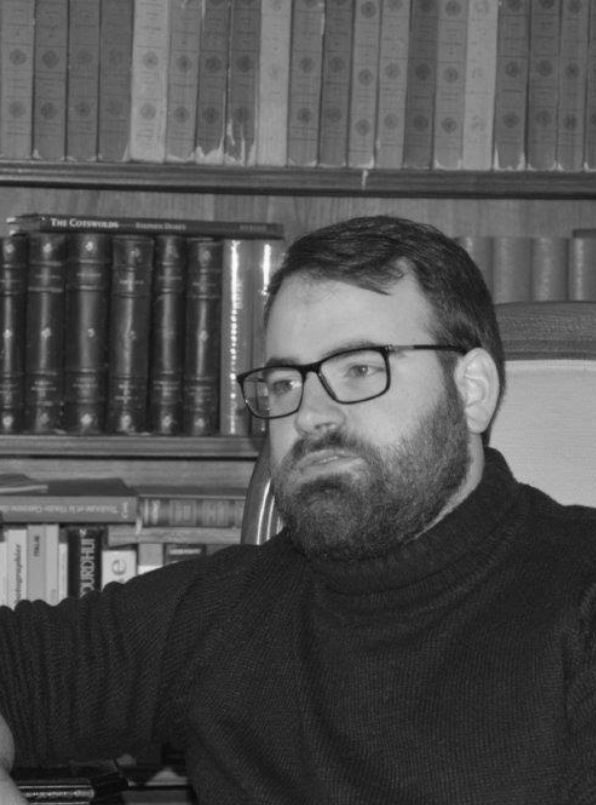
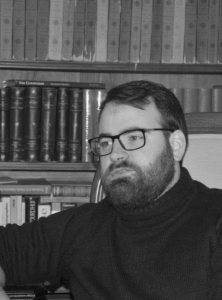 Philippe Fabry is a lawyer and a theorist of history. His approach, which he calls “historionomy,” endeavors to identify the cyclical patterns of history. He authored Rome, from Libertarianism to Socialism, A History of the Coming Century, and The Structure of History. His website is:
Philippe Fabry is a lawyer and a theorist of history. His approach, which he calls “historionomy,” endeavors to identify the cyclical patterns of history. He authored Rome, from Libertarianism to Socialism, A History of the Coming Century, and The Structure of History. His website is: 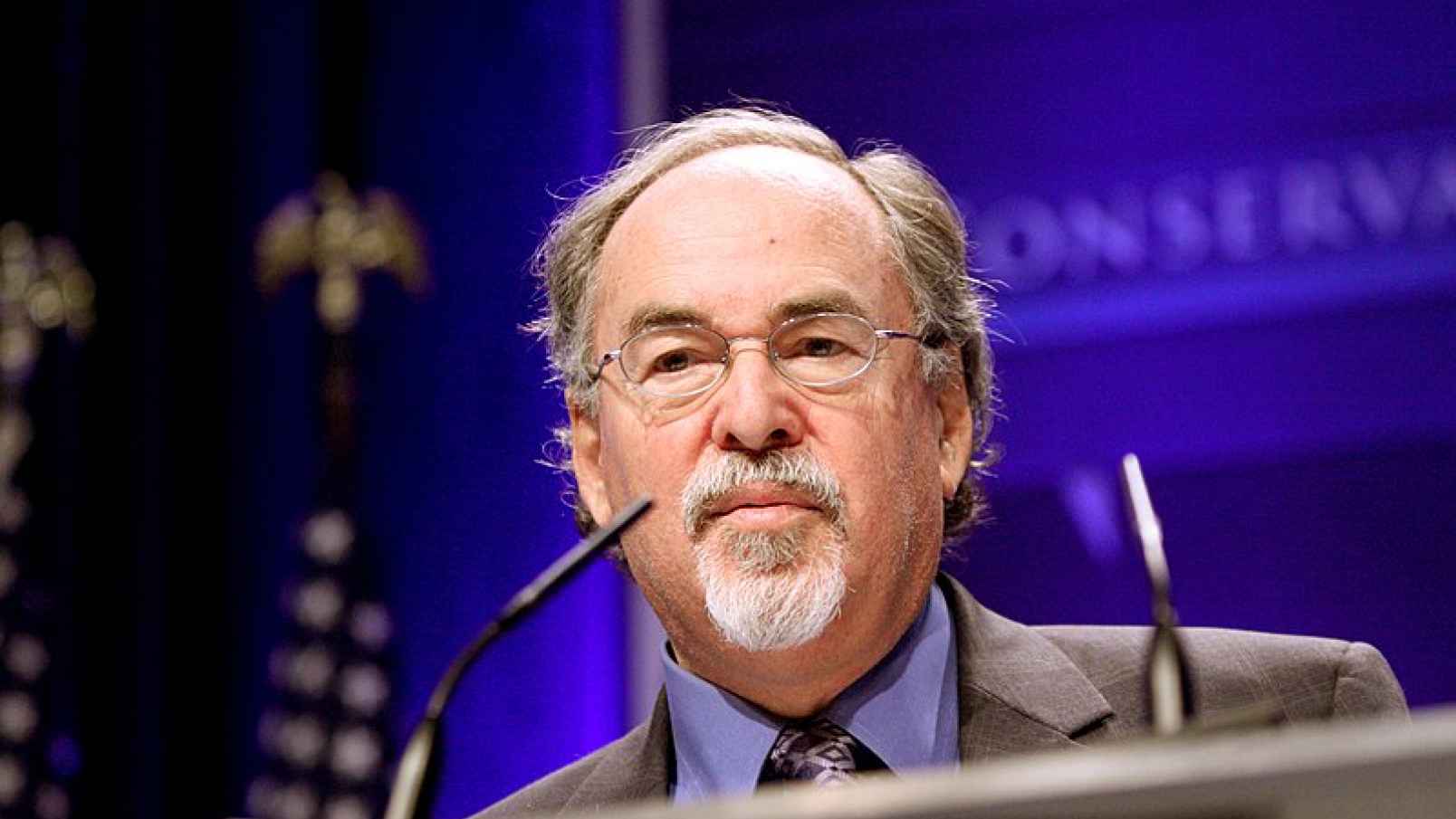
 David Joel Horowitz is an American writer. He is a founder and president of the think tank the David Horowitz Freedom Center (DHFC); editor of the Center’s publication, FrontPage Magazine; and director of Discover the Networks, a website that tracks individuals and groups on the political left. Horowitz also founded the organization Students for Academic Freedom.
David Joel Horowitz is an American writer. He is a founder and president of the think tank the David Horowitz Freedom Center (DHFC); editor of the Center’s publication, FrontPage Magazine; and director of Discover the Networks, a website that tracks individuals and groups on the political left. Horowitz also founded the organization Students for Academic Freedom.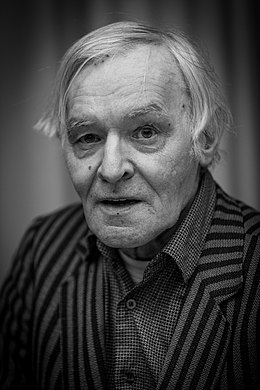
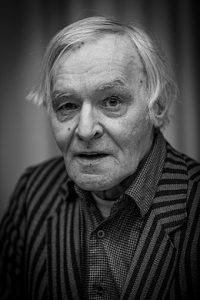 Guillaume Faye is a French philosopher, known for his pro-Zionism right-wing paganism, his call for a Eurosiberian Federation of white ethno-states, or his concept of archeofuturism, which involves combining traditionalist spirituality and concepts of sovereignty with the latest advances in science and technology.
Guillaume Faye is a French philosopher, known for his pro-Zionism right-wing paganism, his call for a Eurosiberian Federation of white ethno-states, or his concept of archeofuturism, which involves combining traditionalist spirituality and concepts of sovereignty with the latest advances in science and technology.